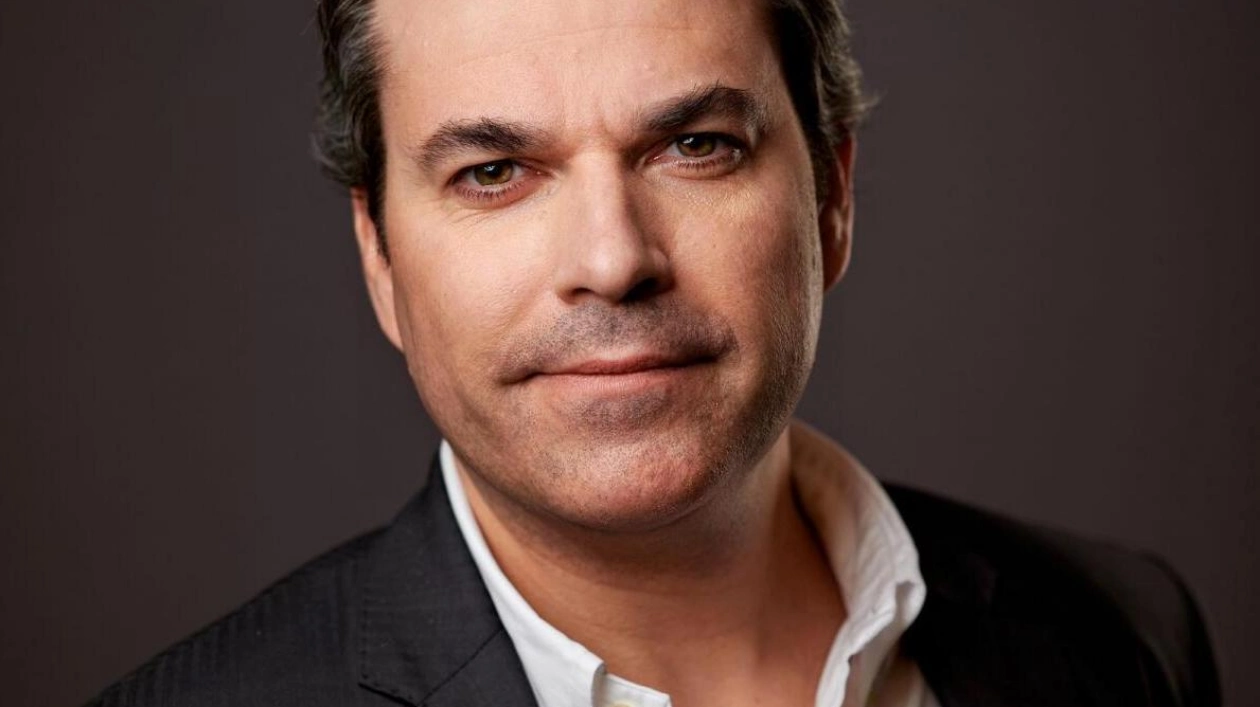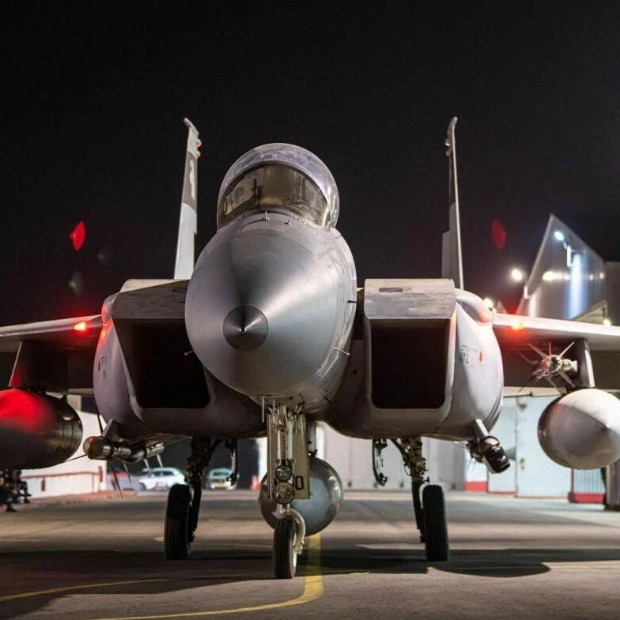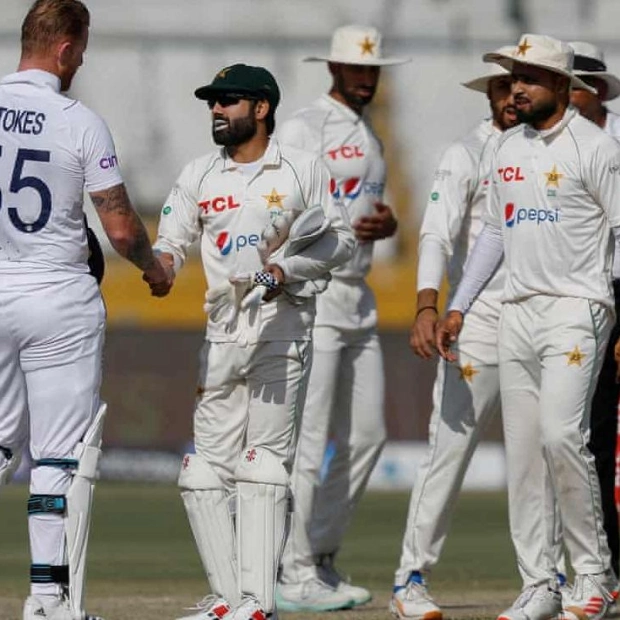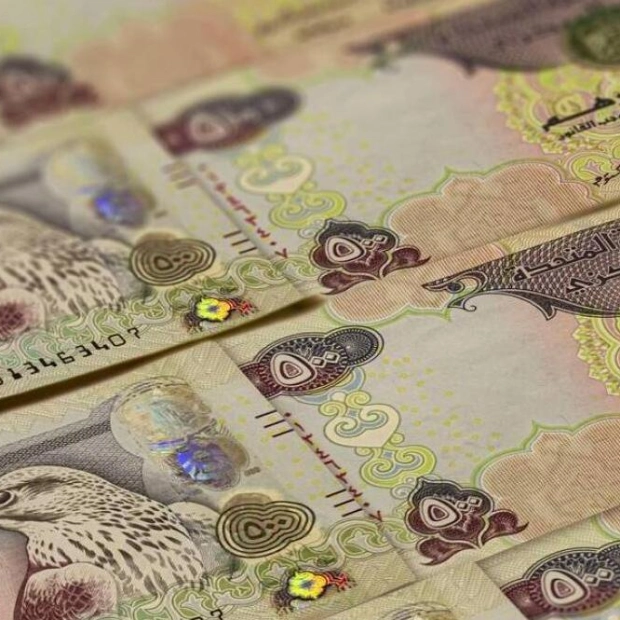Lung cancer poses a significant health challenge in the Gulf Cooperation Council (GCC) countries, with Kuwait and Saudi Arabia being particularly affected. According to the Global Cancer Observatory (GCO), lung cancer ranks among the top three most common cancers in Kuwait. In Saudi Arabia, it was the fifth most common cancer among males and the seventeenth among females as of 2020. In the UAE, approximately 226 new cases were reported in 2020, making lung cancer the second leading cause of cancer deaths in the country. The disease is more prevalent among men compared to women. Globally, lung cancer remains a leading cause of cancer-related deaths, often due to late-stage diagnosis. Although incidence and mortality rates in the GCC are generally lower than in other regions, the prevalence of lung cancer in the Middle East and Africa (MEA) region has been steadily increasing, typically linked to poor prognosis due to late detection.
Risk factors for lung cancer include smoking and exposure to secondhand smoke. Regular screenings, especially for high-risk individuals, are crucial for early detection. Low-dose CT scans can identify lung cancer at an earlier stage, significantly improving the chances of successful treatment and survival. Dr. Shaheenah Dawood, a consultant medical oncologist and director of cancer research at Mediclinic Hospital, emphasized: "Lung cancer remains one of the most significant health challenges, and we are committed to advancing research, early detection, and innovative treatments to improve patient outcomes. By collaborating with leading experts and leveraging cutting-edge technology, we aim to make meaningful strides in combating this disease. Our goal is to provide hope and enhance the quality of life for those affected by lung cancer, ensuring that every patient receives the best possible care and support."
There are two main types of lung cancer: small-cell lung cancer and non-small cell lung cancer. Non-small cell lung cancer (NSCLC) is the most common, accounting for about 85% of all cases. It doesn’t grow and spread as rapidly as small-cell lung cancer. Common symptoms associated with NSCLC, such as fatigue, shortness of breath, cough, and weight loss, contribute significantly to the overall burden of the disease. Exon 20 insertions, which constitute about 4-10% of EGFR-mutated NSCLC cases globally, are particularly challenging. Advanced non-small cell lung cancer (aNSCLC) significantly impacts patients' lives, with 60% reporting difficulties with self-care and household chores, and 50% facing challenges with work activities and social engagements. Additionally, 40% experience a negative impact on family life, and 60% are concerned about their treatment options, financial stability, and future prospects. Patients often experience debilitating symptoms such as fatigue, dyspnea, and pain, leading to a decline in physical function and overall health-related quality of life (HRQoL).
The global economic burden of lung cancer is substantial, reflecting both direct medical costs and broader economic impacts due to loss of productivity. Recent studies estimate that between 2020 and 2050, the economic cost of lung cancer alone is projected to be around $3.9 trillion. This makes lung cancer one of the most financially impactful cancers worldwide due to its high incidence and mortality rates. The burden extends beyond physical symptoms, impacting mental health and social functioning. Many patients report difficulties in maintaining employment and engaging in social activities due to their condition. Additionally, the emotional and psychological stress associated with managing such a severe illness further exacerbates their overall burden.
Lung cancer treatment poses a substantial impact on healthcare systems across the GCC. Costs include hospitalization, chemotherapy, and radiotherapy, as well as indirect costs such as loss of productivity and long-term care. Patients often face emotional distress, stigma associated with smoking, and complex treatment regimens. Families also bear the emotional toll of caregiving and coping with a loved one’s illness. Pedro Matos Rosa, managing director for Johnson & Johnson Innovative Medicine in the Gulf, stated: "We know that cancer has a devastating effect on those diagnosed and their loved ones. Our fight to eradicate cancer is never-ending as we collaborate with the brightest minds in the industry and leverage AI and genomics to transform lung cancer treatment. Our aim is to not only take down the disease but to change and save lives. Our aim is to be in front of cancer."
Targeted therapy, which attacks specific cancer cells without harming normal cells, and immunotherapy, which empowers the body's immune system to fight cancer, are among the innovative treatments being developed. In the Gulf region, Johnson & Johnson is dedicated to advancing lung cancer treatment through innovative research and localized initiatives such as screening programs. By collaborating with regional healthcare providers and leveraging their global expertise, Johnson & Johnson aims to bring cutting-edge cancer treatments and support systems to patients in the Gulf region, ensuring that lung cancer becomes a thing of the past for everyone.






